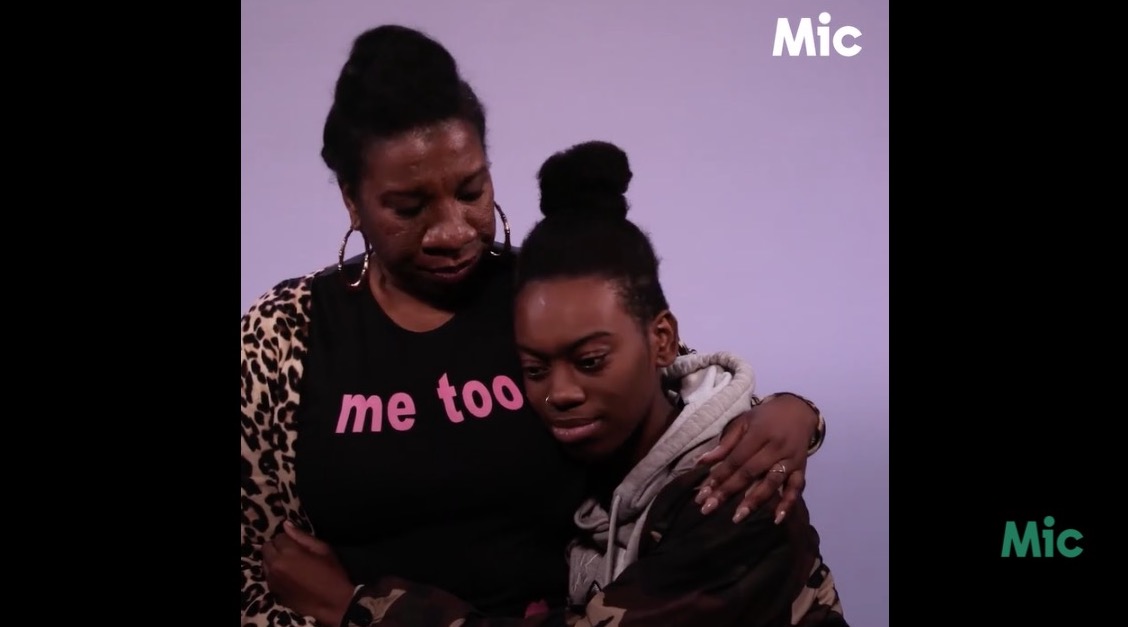The hashtag #MeToo, a space for survivors of sexual harassment and violence, has not slowed down, with more than 825,000 uses since Sunday. It has also since spawned a series of reactions, such as #HowIWillChange and #ThisIsWhy.
Many, TMS included, first cited Alyssa Milano as the origin of the hashtag. It has since come out that while Milano played a huge part in amplifying the message of #MeToo, activist Tarana Burke started a Me Too movement more than a decade ago. Milano tweeted out her support for Burke’s work when she learned about the fact:
I was just made aware of an earlier #MeToo movement, and the origin story is equal parts heartbreaking and inspiring https://t.co/tABQBODscE
— Alyssa Milano (@Alyssa_Milano) October 16, 2017
Burke, the program director of Girls for Gender Equity, spoke to Mic about Me Too and its emphasis on empathy. The activist said that the women speaking out is “what community looks like when people support each other and survivors are really the only ones who truly understand other survivors and I think that’s been one of the most wonderful things to come out of the hashtag blooming.”
She also speaks to those who might feel hesitant to participate in Me Too because they “feel like their stories aren’t as important or aren’t important enough to say ‘Me Too.'”
“I’d like to talk about the spectrum of gender-based violence,” says Burke, “Gender-based violence starts on end with sexual harassment and runs the gamut to murder. And so, there’s no story that’s unimportant, there’s no person whose experiences shouldn’t be validated. There’s nobody who can’t express or disclose what has happened to them, and that everybody is important.”
“So I say to those women you can stand up and talk about it. There’s somebody else who’s had your very experience who doesn’t want to talk about it who you might help when they hear, ‘Oh, that’s exactly what happened to me.’ Tell your story if you feel compelled to tell it because not only will it help someone else, it will help you.”
Burke and her daughter Kaia then talk about the conversations they have had, both of them being survivors. It’s by no means an easy dialogue to have or works that’s easy to do, but these two show how powerful and important it is for survivors to know they are not alone.
“It’s a massive movement,” says Burke, “I just hope that we don’t stop talking about it when the hashtag dies down.”
(via mic, image: screencap)
Want more stories like this? Become a subscriber and support the site!
—The Mary Sue has a strict comment policy that forbids, but is not limited to, personal insults toward anyone, hate speech, and trolling.—









Published: Oct 18, 2017 11:37 am